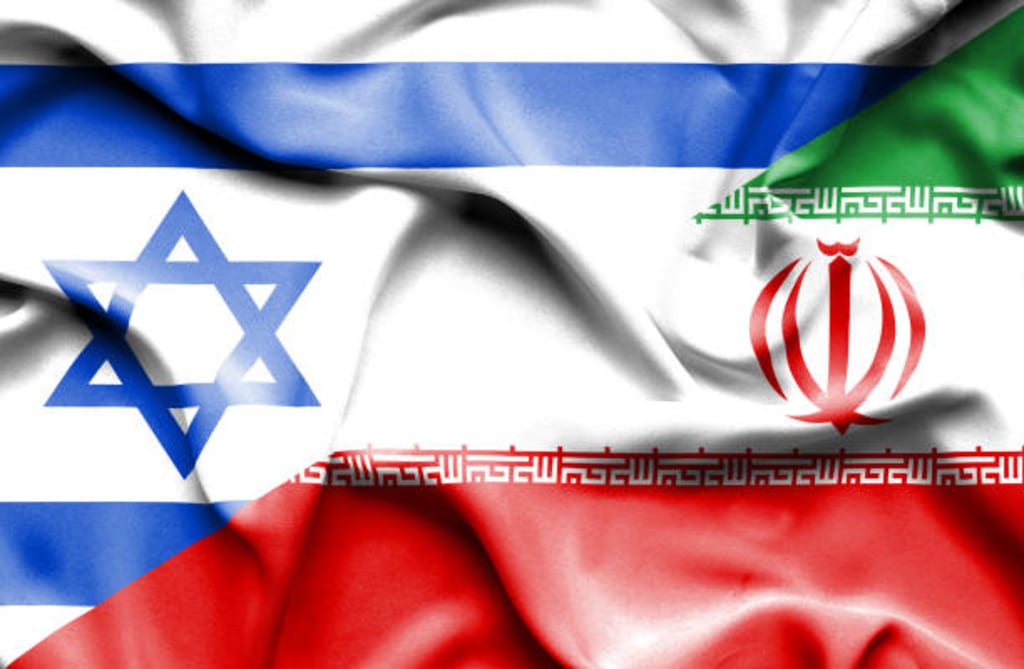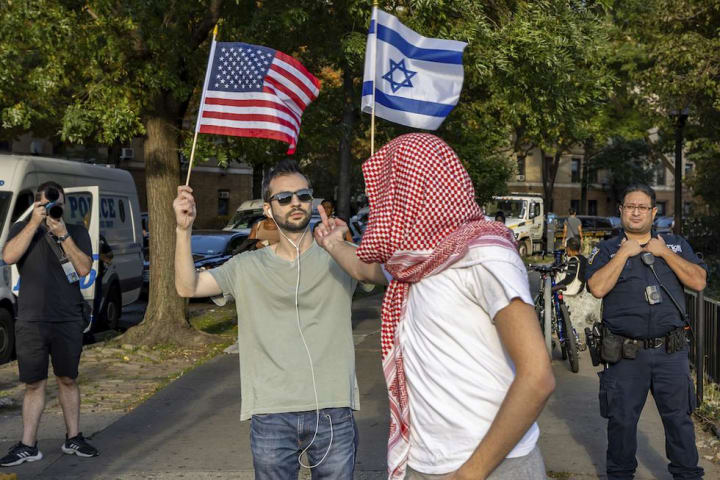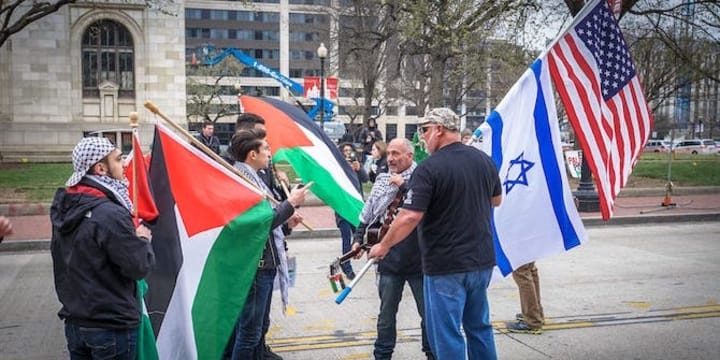
In the turbulent situation in the Middle East, where tensions often simmer behind the scenes, one conflict is quietly escalating: the shadow war between Israel and Iran.
While headlines are dominated by overt diplomatic maneuvers and public rhetoric, it is the secret struggle between these two regional powers that deeply shapes the geopolitical landscape.
Israel and Iran have long been engaged in a complex and multi-layered conflict that goes far beyond traditional warfare.
This secret conflict is characterized by a combination of cyberattacks, proxy warfare, and covert operations, all carried out with extreme secrecy and precision.
At the heart of this conflict is deep-seated hostility based on ideological differences, geopolitical ambitions, and historical grievances.
Israel, a staunch ally of the West, views Iran as an existential threat due to its nuclear program, support for extremist groups such as Hezbollah and Hamas, and overt hostility toward the Jewish state.
Iran, on the other hand, views Israel as a destabilizing force in the region, an ally of its adversaries, and an obstacle to its own regional ambitions.
The shadow war between Israel and Iran took place on multiple fronts, with both sides using different tactics to gain the upper hand.
Cyberwarfare has emerged as a key battleground, with both countries investing heavily in offensive capabilities to attack critical infrastructure, disrupt communications, and steal sensitive information.
From the Stuxnet virus targeting Iran's nuclear facilities to recent cyber attacks on Israel's water infrastructure, the digital realm has become the new front line in this ongoing conflict.
Proxy wars have also become a central feature of the conflict between Israel and Iran, with both countries supporting opposing factions in the Middle East conflict.
In Syria, Iran provides military and financial support to the Assad regime, while Israel carries out numerous airstrikes against Iranian-backed forces.

The two countries also support rival factions in Yemen and Lebanon, further exacerbating tensions and instability in the region.
But perhaps the most insidious aspect of this shadow war is the covert operations carried out by both sides, often shrouded in secrecy and denial.
From targeted assassinations and sabotage to covert support for rebel groups, these operations represent a dangerous escalation of the conflict and have the potential to spark massive fires.
Historical Background: Hostilities between Israel and Iran date back decades and are rooted in ideological differences, regional power struggles, and historical grievances. Iran's Islamic Revolution, which overthrew the pro-Western Shah and established the Islamic Republic in 1979, led to a major shift in foreign policy, leading to the severing of diplomatic relations with Israel and the adoption of an anti-Zionist stance.
The shadow war between Israel and Iran has escalated significantly in recent years, with both sides stepping up efforts to gain the upper hand.
The assassination of Iran's top nuclear scientist, sabotage of key Iranian facilities, and attacks on Israeli civilians by Iranian-backed extremists are just a few examples of the escalating violence and instability in the region.
As the shadow war between Israel and Iran continues to unfold, it poses major challenges to regional stability and international security.
Both countries have no intention of backing down, the stakes are higher than ever, and open conflict is likely.

In such a volatile and unpredictable environment, the need for diplomatic engagement, de-escalation and dialogue has never been more urgent.
In conclusion, the shadow war between Israel and Iran represents a dangerous and destabilizing dynamic in the Middle East, with far-reaching implications for regional stability and global security.
As the conflict continues to escalate, diplomatic solutions and coordinated international efforts to prevent further escalation are paramount. Only through dialogue and cooperation can we break the cycle of violence and conflict and pave the way for a more peaceful and prosperous future for the region.
Source : Abtaknew1.com
About the Creator
Karim Fazly
I am an experienced SEO Off-Page Specialist, Keyword Research, Guest Posts. Well known on my expertise in driving organic traffic and improving search engine rankings. I am dedicated to helping businesses thrive in the digital landscape.






Comments
There are no comments for this story
Be the first to respond and start the conversation.